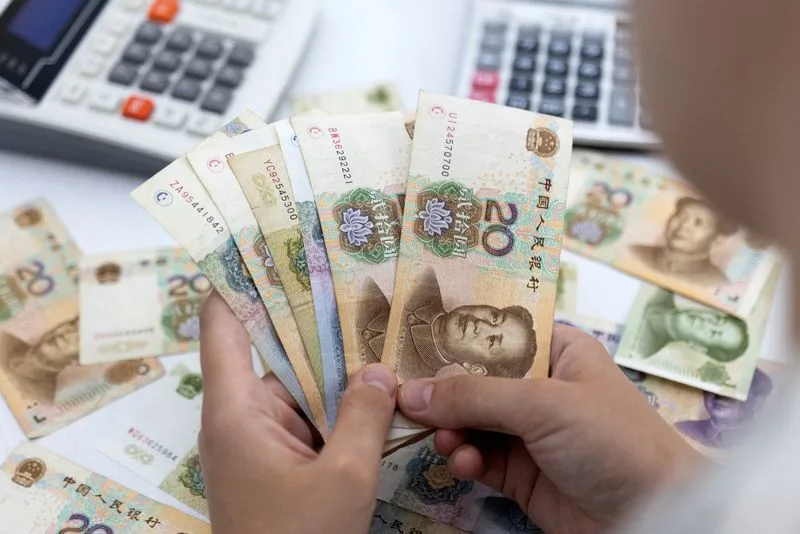Meghna Barik, Pune
China is considering giving its biggest state-owned banks up to 1 trillion yuan ($142 billion) to increase their capacity to sustain the national economy. The first major capital infusion since the global financial crisis of 2008 is anticipated to come from the issuance of new special sovereign bonds.
China’s determination to stabilize its banking industry in hard economic times is reflected in this possible injection. China is moving quickly to support the financial health of the six major banks even though their capital levels remain far above regulatory requirements.
Large financial institutions such as the Industrial and Commercial Bank of China Ltd. and China Bank Ltd. have been coping with declining profits, growing bad debt and narrow profit margins all of which have increased the demand for additional funding.
The government is ready to increase core capital at the biggest banks in the nation according to hints made earlier this week by Li Yunze China’s top banking regulator. There has been increasing pressure on these institutions to offer more reasonably priced loans to high-risk industries such as local government financing vehicles, homeowners and real estate developers.
Even in the face of diminishing profitability, some banks have gone so far as to pay interim dividends in an attempt to bolster the stock market. The timing of the government’s intervention is ideal due to the favourable economic climate. A record low yield of 2.19 per cent was seen in a recent 30-year bond auction indicating favorable market conditions for capital raising.
This move is intended to safeguard the financial system as the economy continues to recover. It is being done even though combined profits at China’s commercial banks increased by just 0.4 per cent in the first half of the year—a far slower rate than in previous years. China has demonstrated in the past that it can successfully assist its banks in times of crisis.
Bailouts in the late 1990s and early 2000s were among the previous interventions that helped set the stage for decades of rapid growth that saw China’s economy rise to become the second largest in the world. Beijing’s determination to preserve financial stability in the face of current economic pressures is demonstrated by this most recent action.
